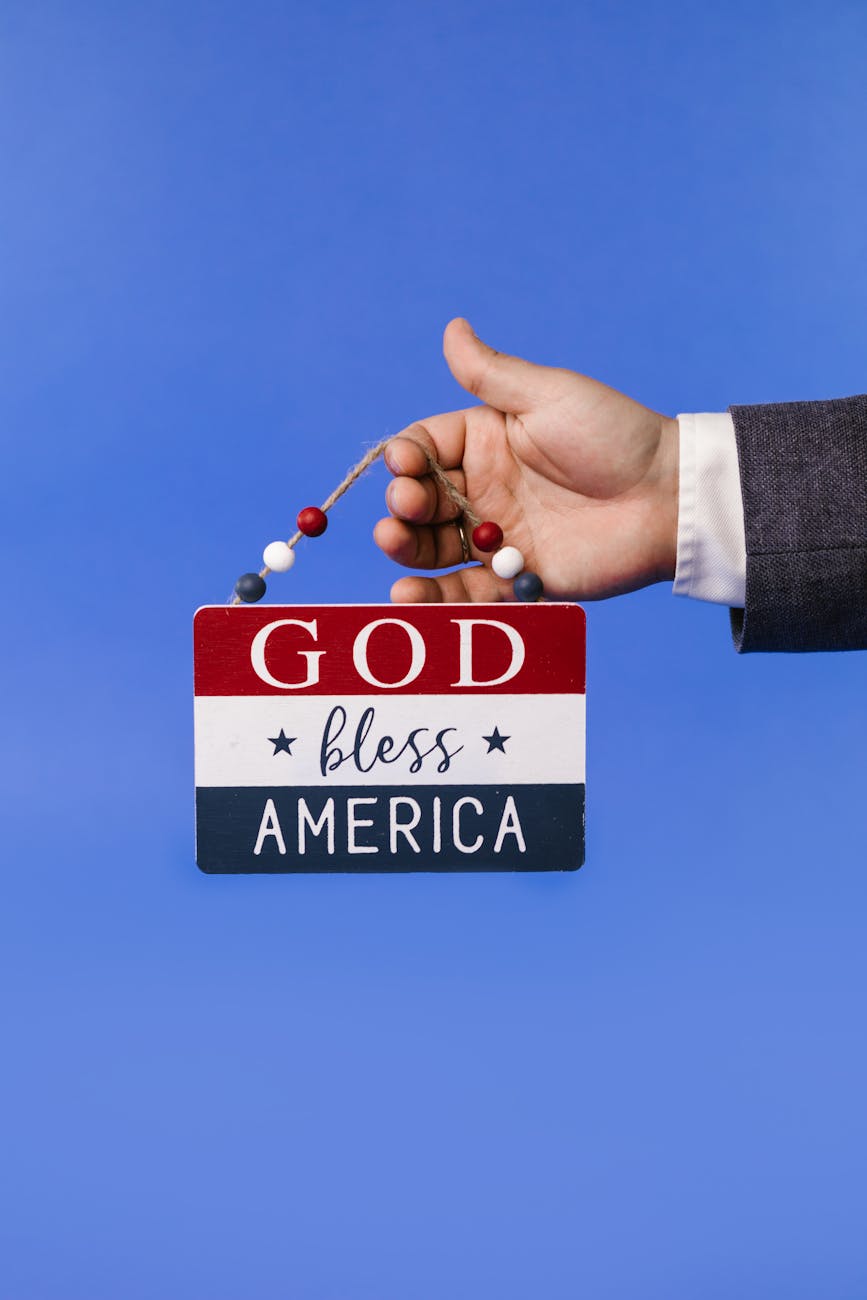Trump’s TikTok Deal: A Long-Awaited Resolution
In a recent announcement, former President Donald Trump indicated that a deal has been struck with China to ensure TikTok’s continued operation in the United States. This marks the culmination of a complicated saga that began during his presidency when concerns over data security and foreign influence sparked a fierce debate. While Trump’s approach was often characterized by high-profile threats and negotiations, the resolution of this issue is significant for millions of TikTok users across the nation.
The Backstory: A Political Tug-of-War
The journey to this deal has been anything but straightforward. When Trump first targeted TikTok, the app was under scrutiny for its ties to the Chinese government and potential risks to American users’ data privacy. The administration’s response included attempts to ban the app outright, pressuring American companies to acquire its U.S. operations, and even calling for a complete shutdown if a deal couldn’t be reached. This aggressive approach drew both support and criticism, illustrating the deep divides in American political and social discourse regarding technology, privacy, and international relations.
Initially, the Trump administration framed the battle against TikTok as a national security issue. They argued that the app could be weaponized by the Chinese government to collect sensitive data on American citizens. This sentiment resonated with many who were already wary of foreign influence on social media platforms. However, the lack of clear evidence to directly support these claims left room for debate and skepticism among experts and users alike.
What This Deal Means
If Trump’s assertion holds true, the deal could stabilize TikTok’s presence in the U.S. market, which is crucial not only for its corporate owners but also for the countless creators and influencers relying on the platform for their livelihoods. The app has become a cultural phenomenon, shaping trends and providing a platform for creative expression. A secure operational status would also likely ease fears among users about data handling and privacy concerns, though skeptics remain cautious about the implications of any agreement forged under pressure.
Moreover, this deal underscores the importance of TikTok as a significant player in the social media landscape. With over 100 million users in the U.S., the app’s influence on marketing, entertainment, and information dissemination cannot be overstated. Brands have increasingly leveraged TikTok for advertising and community engagement, making it essential for their business strategies. Keeping the app operational means maintaining a vital channel for communication and commerce.
Looking Ahead
As the dust settles, it will be interesting to see the details of the agreement and whether it truly addresses the underlying issues that prompted government intervention in the first place. The tech landscape is ever-evolving, and TikTok’s future in the U.S. could set a precedent for how other foreign-owned apps navigate similar challenges. What’s clear is that the dialogue surrounding technology, privacy, and national security is far from over, and this deal may just be the beginning of a new chapter.
Furthermore, the broader implications of this deal could influence other nations grappling with similar concerns regarding foreign tech companies. As countries continue to confront issues of data privacy and security, the outcomes of such negotiations will likely shape regulatory frameworks and international relations in the tech sector for years to come. The challenge will be finding a balance between fostering innovation and protecting citizens.
Questions
What are your thoughts on the TikTok deal and its implications for users?
Do you think the concerns about data privacy have been adequately addressed?
How do you see the future of foreign-owned apps in the U.S. after this deal?


